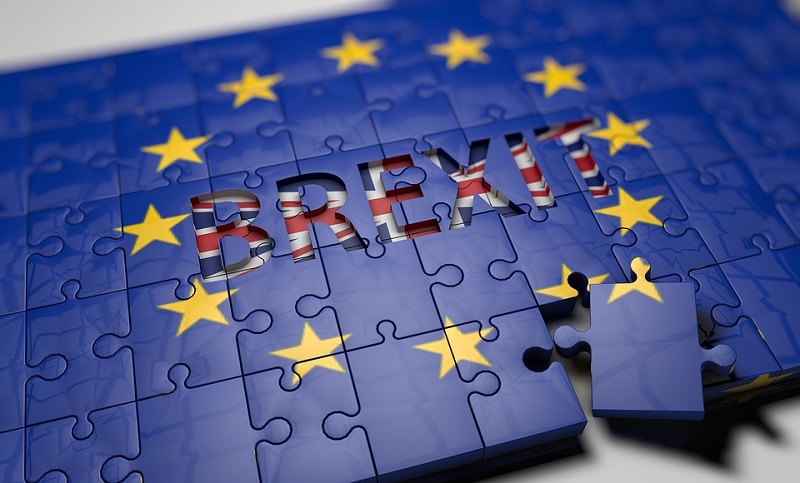10 key points that are central to the food and drink supply chain flourishing throughout the Brexit negotiations have been agreed upon and in a joint letter that has been signed by 26 different representative bodies form the industry. It is thought that the points that have been addressed in this in this open letter are vital to ensuring the UK’s food security during and after Britain leave the European Union.
The EU is an important part of the food and drink industry and, as with all industries, the trading ties between the UK and the EU are intricately woven. The regulatory framework that has been established for the food and drink supply chain is also closely connected to the EU, therefore any sudden alterations or changes could have a significant impact on the the industry as well as employees and availability of certain types of food in this country.
The open letter, which was released last week, on the 19th of July, has been signed by 26 representatives and is said to be on behalf of thousands of small medium and large businesses across the industry that are involved in the producing, packaging, distributing, serving and selling of food and beverages in the UK. This industry is thought to be the largest manufacturing sector in the UK and therefore it is important that the outcome of Brexit does not hinder or impede the industry.
Farming in the UK is also world leading, therefore it is important that the Brexit negotiations do not have an impact on the exports from this sector as well as the imports. With these close ties to the EU, those involved in drafting the letter managed to come up with ten priorities for Brexit negotiations. Among these are transitional periods, the right to remain for the workforce, zero tariff trade, improve consumer confidence with similar regulation framework, developing homegrown talent and boosting exports.



